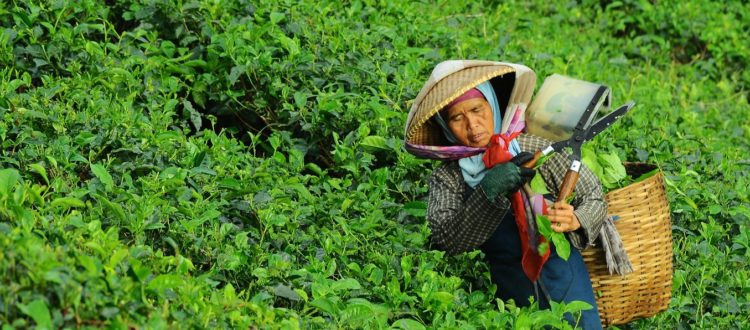BRIDGING THE GENDER GAP FOR CLIMATE JUSTICE: THE CASE OF CLIMATE-SMART AGRICULTURE AT CSW66
GENDER EQUALITY AND CLIMATE ACTION
Agriculture, is one of the sectors with the greatest impact on land use and the global average balance of greenhouse gases emitted into the atmosphere, but it is at the same time one of the most promising areas of action for outlining climate change adaptation and mitigation strategies.
The topic was recurring among the side events of the at the 66th Commission on the Status of Women (CSW66) working session held last March; in the various opportunities to analyse areas for action to close the gender gap in conjunction with the climate crisis, the positive role of women in resilient agriculture practices emerged.
Climate-Smart Agriculture, which by definition identifies strategies to make traditional agricultural practices more resilient to changes in the environment while reducing greenhouse gas emissions into the atmosphere, is a social innovation tool that can convey social equity mechanisms, including reducing the gender gap.
THE IMPACT OF THE GENDER GAP ON CLIMATE-SMART AGRICULTURE
In the broader framework of CSW66 work, studies presented by UN Women ESARO on the case of Africa also highlighted how gender inequalities in access to and control of financial and productive assets are holding back the potential of the agricultural sector and undermining any efforts to implement actions toward greater resilience and sustainability. What emerges is that interventions to mitigate the impacts of climate change, increase food production, and reduce poverty cannot be effective without carefully supporting women’s inclusion.
Four directions for action emerged during the CSW66 work to be included in ecological transition and rural development plans: ensuring decision-making power for women at all levels, reducing the burden of women’s care work, providing women with access to and support in the use of resources (information and technological), and supporting collective action.
Such contributions are crucial to women’s socio-economic status, but they also have an amplified impact, as women are culturally a vector to other vulnerable groups in societies around the world. Giving women equal opportunities, as is their right, positively impacts children, adolescents, the elderly, stimulating the overall economic growth of their communities and nations.
Edited by Gianluca Persia, Italian Climate Network Volunteer

